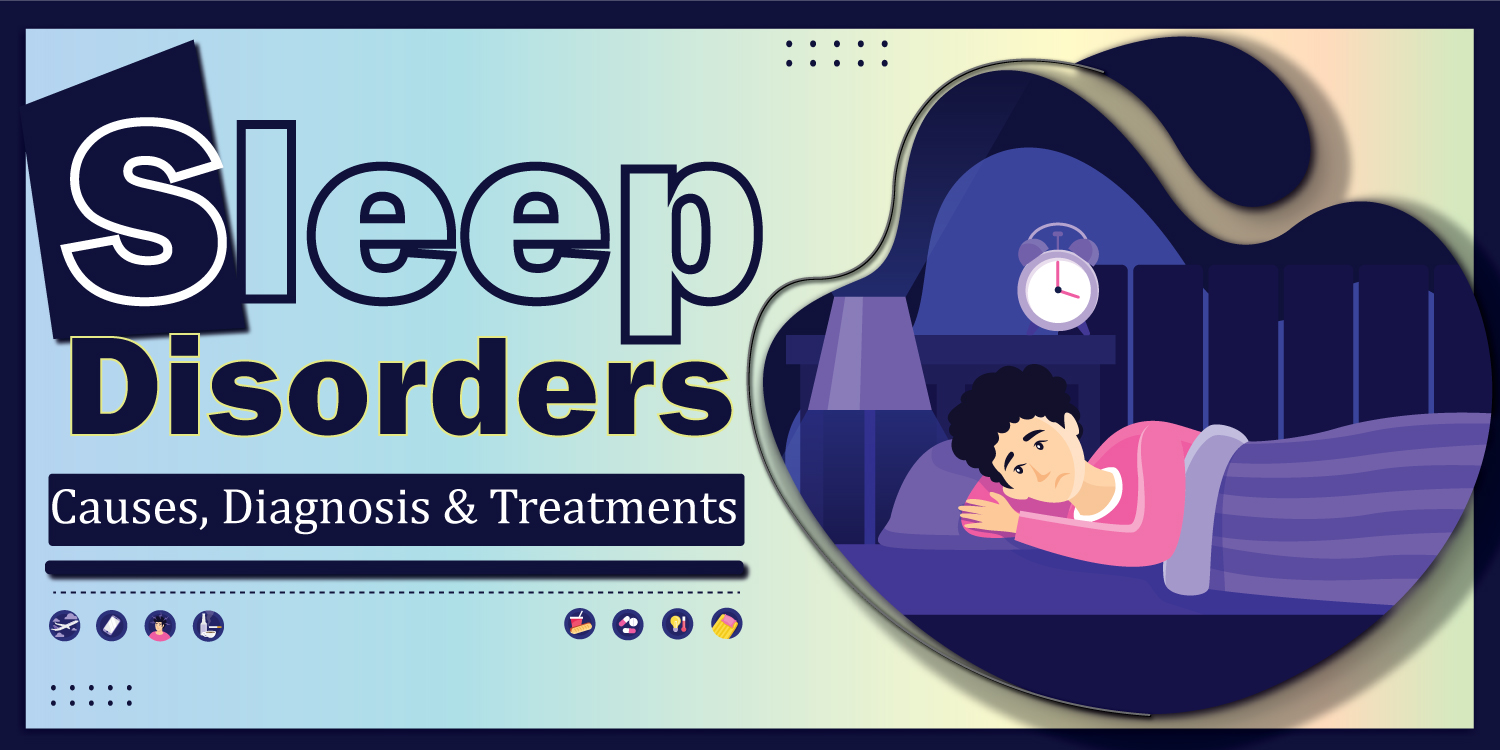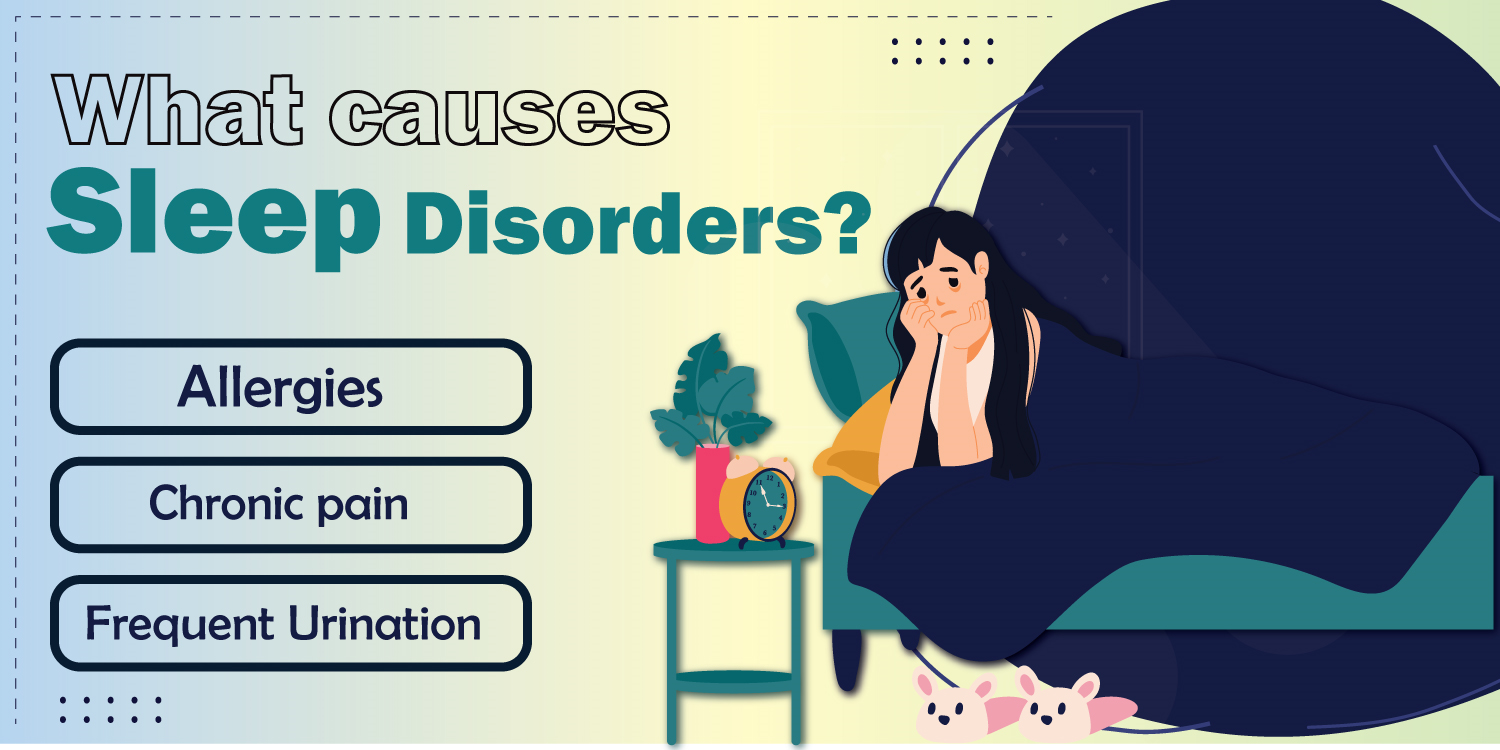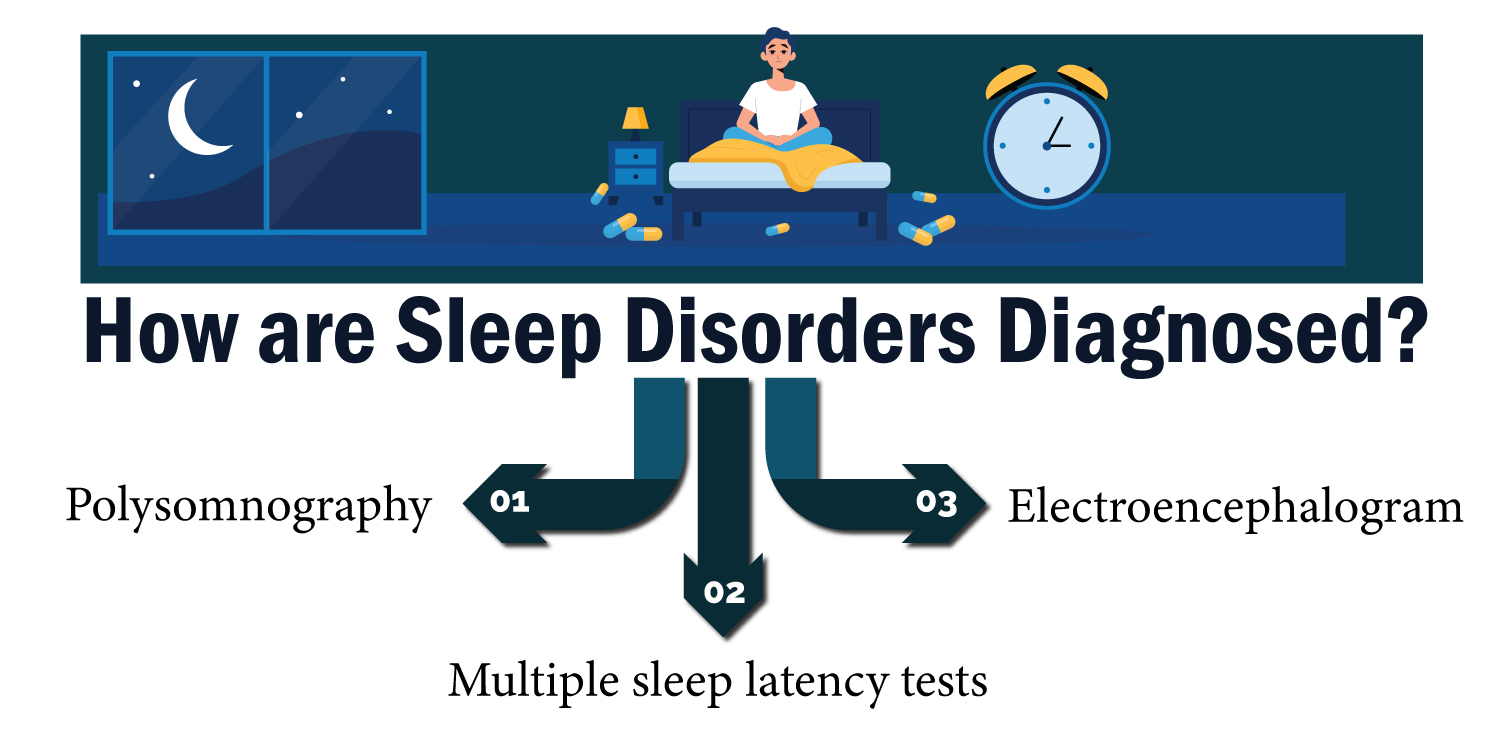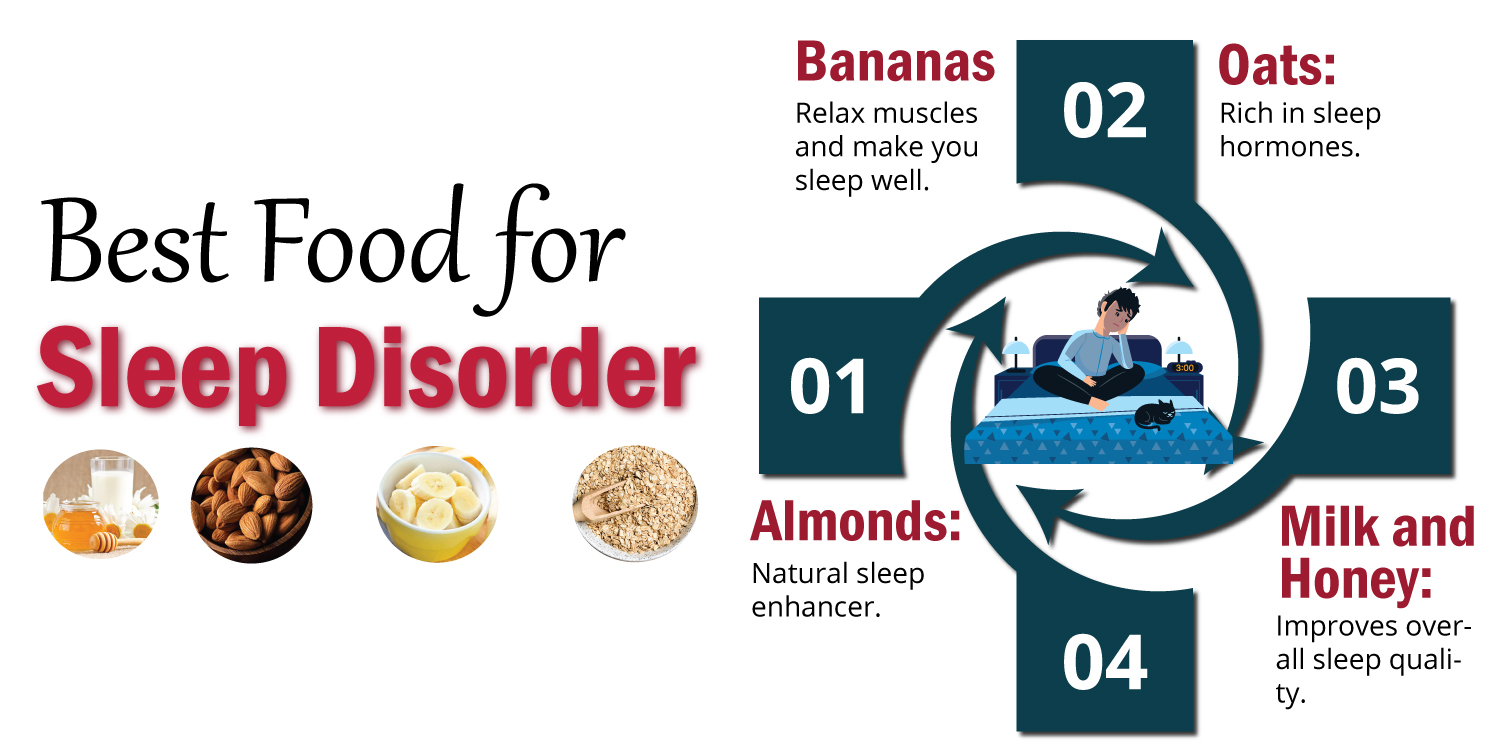Sleep disorder treatment
varies based on the type and underlying reason. It usually consists of a
combination of medical therapies and lifestyle adjustments.
Medical Treatments
Medical treatment
includes physical/mental therapy and medications. Depending on the severity of
the disorder, your doctor might suggest:
●
Cognitive-behavioral
therapy to identify the source of stress that keeps you awake at night.
●
Supplements
and medications such as Melatonin for insomnia and Gabapentin to treat restless
legs syndrome.
Note: No
medications mentioned in this blog must be used unless prescribed by a doctor.
Lifestyle Changes
Few people
recognize that the quality of our sleep is closely related to our way of
living. Our bodies and minds cannot function at their full potential without
adequate sleep. As a result, maintaining a healthy lifestyle that does not
interrupt our sleeping patterns is critical.
Consider Following These Tips:
●
Have
a fixed wake time
●
Sleep
at the same time
●
Sleep
in a room with minimal noise and light
●
Control
the temperature so you feel comfortable
●
Stay
away from caffeine or alcohol
●
Keep
the last meal of the day small and simple.
●
Quit
smoking
●
Practice
yoga or some form of exercise



 Contact Us
Contact Us






 Hospitals
Hospitals
 Doctors
Doctors
 Diagnostic
Diagnostic
 Pharmacy
Pharmacy
 Health Tips
Health Tips
 Blog
Blog




























Comments